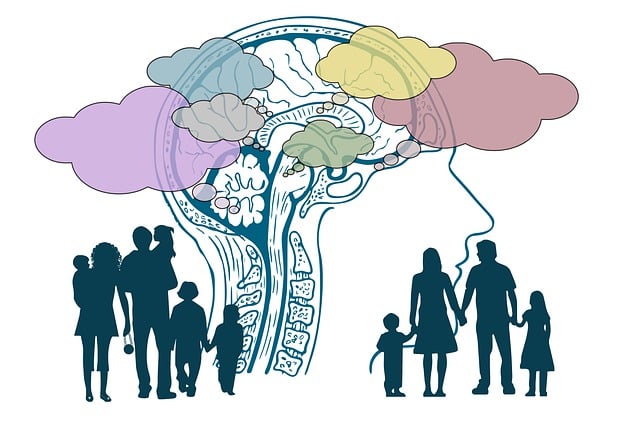Delaying estate planning leads to Inheritance Planning Mistakes, causing complex tasks and potential disputes for loved ones during emotional times. Life's changes necessitate regular updates to reflect current circumstances, with inheritance laws also subject to modification. Overlooking tax implications can trigger substantial capital gains or gift taxes, so consult professionals for efficient, legal, and optimized plans that safeguard assets and ensure your legacy is distributed according to your wishes.
Do you have a will or trust in place? If not, or if your plans are outdated, you could be making significant inheritance planning mistakes. This article explores three common blunders that can have serious consequences for your estate and loved ones. We’ll delve into the importance of early planning, the need for regular updates, and understanding potential tax implications to help ensure your wishes are respected and your assets are distributed according to your desires.
- Overlooking the Importance of Early Planning
- Failure to Update Estate Plans Regularly
- Neglecting to Consider Potential Tax Implications
Overlooking the Importance of Early Planning

Many people often underestimate the value of early estate planning, assuming they have plenty of time to sort everything out later on. This is one of the most common inheritance planning mistakes. Life is unpredictable, and delaying important financial decisions can lead to unforeseen consequences. By putting off creating a will or updating your estate plan, you risk leaving your loved ones with complex and potentially costly tasks during an already difficult time.
Early planning allows you to have control over your assets and ensures your wishes are respected. It provides peace of mind, knowing that your affairs are in order and your family will be taken care of according to your preferences. Don’t let this crucial aspect of financial responsibility slip through the cracks; take action now to avoid potential inheritance planning mistakes.
Failure to Update Estate Plans Regularly

Many people make the mistake of assuming their estate plans are set in stone once they create them, leading to a crucial oversight—not updating them regularly. Life is unpredictable, and changes in your financial situation, relationships, or health can significantly impact your inheritance planning. For instance, marriage, divorce, birth of children, or even significant career shifts may alter the dynamics of your estate. These events warrant reviewing and revising your plans to ensure they reflect your current wishes and circumstances accurately.
Neglecting to update your estate documents regularly is akin to leaving a puzzle unfinished; it leaves gaps that could be detrimental to your loved ones’ future. The laws governing inheritance can change, and what was once a well-crafted plan might become outdated, potentially leading to unintended consequences or disputes among beneficiaries. Regular updates ensure your estate planning strategy remains adaptable and effective, allowing you to safeguard your assets and provide clear guidance for the distribution of your legacy.
Neglecting to Consider Potential Tax Implications

Many people make the mistake of focusing solely on their wishes and failing to consider the potential tax implications of their estate plan. Inheritance planning mistakes often stem from a lack of understanding of how various assets can affect tax liabilities for beneficiaries. For instance, transferring property or investments without proper structuring can lead to significant capital gains taxes or even gift taxes.
Tax laws are complex, and what applies in one jurisdiction may not hold true in another. Neglecting to consult a professional who understands these nuances could result in substantial losses for your estate. By carefully considering tax implications and working with experts, you can ensure that your inheritance planning is efficient, legal, and optimized for the financial well-being of your intended beneficiaries.
Many individuals make common inheritance planning mistakes that can be easily avoided with proper knowledge. Overlooking early planning, failing to update estate documents regularly, and neglecting tax considerations can lead to unintended consequences for your loved ones. By recognizing these errors, you can take proactive steps to ensure a smooth transition of your assets, providing peace of mind for both yourself and your beneficiaries. Remember, effective estate planning is an ongoing process that requires regular review and adjustments to reflect life’s changing circumstances.







